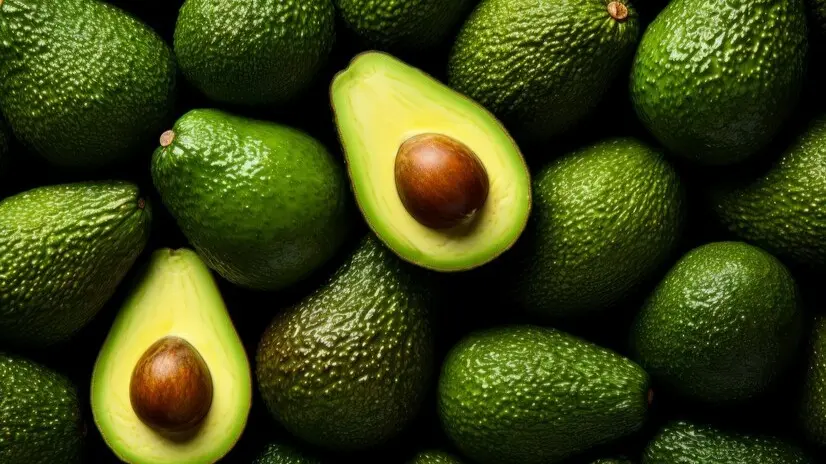Updated 23 June 2024 at 20:32 IST
Can Avocado Use Reduce Risk of Cardiovascular Diseases?
This nutritious fruit that boasts of being great in guac, while proving to be useful replacement to fat-containing foods such as cheese and butter.
- Lifestyle News
- 2 min read

If you're someone that consumes one avocado per week then your chances of ever-battling with cardio-vascular disease in comparison to those who rarely ever ate one is 16 per cent lower. This nutritious fruit that boasts of being great in guac, while proving to be useful replacement to fat-containing foods such as cheese, butter, and even processed meats.
Avocados are also known to contain dietary fiber, potassium, magnesium, MUFA, and polyunsaturated fatty acids, as well as phytonutrients and bioactive compounds, which have been independently associated with cardiovascular health. The most commonly consumed variety in the US called Hass avocado contains ≈13 g of oleic acid in a medium‐sized fruit (136 g), comparable to the amount of oleic acid in 1.5oz (42 g) of almonds or 2 tablespoons (26 g) of olive oil.

Clinical perspective
Clinical trials have studied avocado‐induced changes in the cardiovascular risk factors; however, these studies have been limited to intermediate risk factors as end points. In 2 large US cohorts of men and women, higher intake of avocado (≥2 servings/week) was associated with lower risk of cardiovascular disease and coronary heart diseases, according to the American Heart Association (AHA). The findings support the existing evidence on the intake of plant‐based healthy fats and their positive impact on diet quality and their role in cardiovascular disease prevention in the general population.
Published By : Devasheesh Pandey
Published On: 23 June 2024 at 20:32 IST
